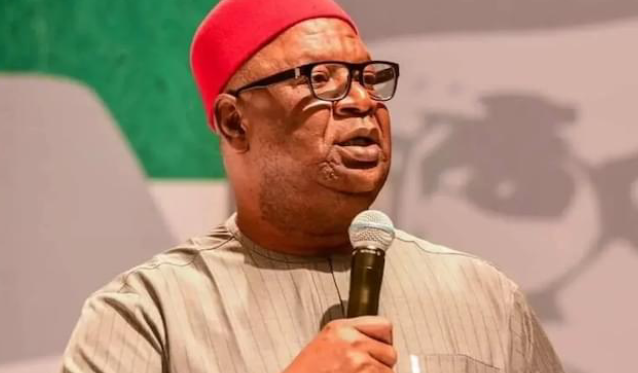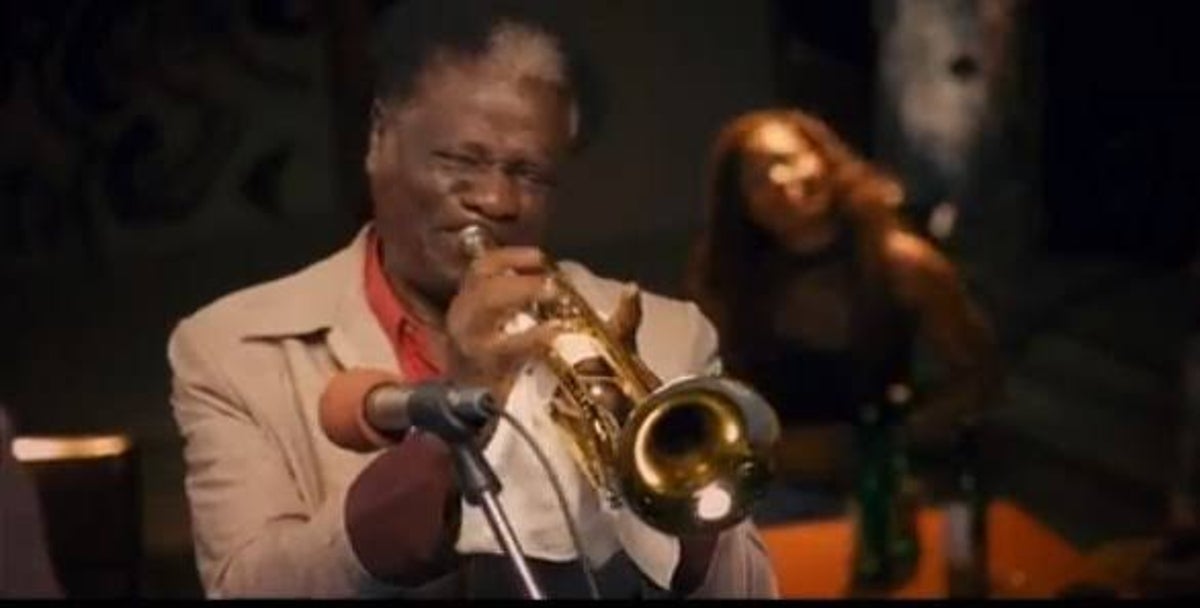Ikeddy Isiguzo
WHAT struck in the midst of the tragedies of the past week, particularly the attacks on the Abuja-Kaduna passenger train, is the continued helplessness of Nigerians. The revealing reactions to the attacks confirmed worsening insecurity, unimportance of lives in Nigeria, and the refusal of the authorities to ameliorate the situation.
The most basic things befuddle us. Our sentimental attachment to tribe, tongue, and religion is relived through each tragedy which is a fractional replay of earlier mishaps.
Why is the language of the attackers more important than government’s failure to tackle insecurity? Simple. Each witness to the crime that made that remark was alluding to the fact that nothing would be done. Or nothing can be done?
An attack on the Nigerian Defence Academy only attracted the mumbling response of “one attack too many”. We were also reminded to keep off the subject as it was a military affair.
Was it different when some armed bandits gunned down an Alpha jet in January 2021 in Zamfara State? The Nigerian Air Force’s official statement confirmed that the aircraft “came under intense enemy fire which led to its crash in Zamfara State. Luckily, the gallant pilot of the aircraft, Flight Lieutenant Abayomi Dairo, successfully ejected from the aircraft.”
Energies that should have been deployed against the menace of terrorist attacks like Monday night’s have been dissipated in explaining to Nigerians that the attackers were bandits, not terrorists, were foreign Fulanis whose cattle were rustled, who climate change had pushed to attack others.
When will the excuses be exhausted, when will the Federal Government of President Muhammadu Buhari halt the slide of the country to anarchy? Does the President notice the shrinking of safe spaces in Nigeria?
Where is the urgency in making Nigeria safer? Do lives mean anything to the President? Has he given up on securing Nigeria? Is he waiting for the next attack? Even then what will he do apart from the situation being “saddening”.
Are we waiting for what to happen before government acts decisively? The blames are not a solution.
Our governments are meant to consider our security and welfare the primary purpose of government. Our Constitution to which they swore says so. Does the matter end with the ceremonies?
Governor Nasir el-Rufai appears angry, shocked, or surprised at the attacks. Has he forgotten his announcements of payments he made to Fulani cattle owners for their rustled animals? Has he stopped defending their criminality? Has he come to a sudden realisation of the crimes he did nothing about except to promote the importance of appeasing criminals?
The security agencies take instructions from above. Have they been instructed? What were they told? Why is their performance not deemed inadequate by those who appraise them?
Rotimi Chibuike Amaechi, minister of Transportation, was lost for words when he witnessed the mayhem. When he spoke he was talking losses of over N3 billion. The speed of the assessment of the costs of physical losses was impressive. How did he know what was lost at such short notice?
So how much were the lost lives, the kidnapped, the injured worth? How would they even be important when we cannot be sure how many people were in the train? We cannot count people!
How many are missing, killed, injured, or otherwise unaccounted for in this single incident?
Our lives have long ceased to matter. The positions of the Minister accord the attacks and insecurity the type of narratives that point to no solution in sight.
How would anyone think that patrolling the rail lines is the solution to the attacks in Kaduna State? Are the rails the only targets? We are supposed to be delighted at the smartness of suggesting an investment of N3.7 billion on securing the rails alone?
When we stop caring about the language of criminals, who they are, where they are from, we would start being serious with protecting the lives of our people. Criminals must be treated the way they deserve. No efforts should be spared in telling criminals, wherever they are found, that they are criminals. The slap-on-the-wrist or pampering treatment of criminals is responsible for what we are witnessing in Kaduna State and most of the North West.
Stories of these attacks, how they are decimating family, shredding communities, shrinking Nigeria rend the heart. What we get as assurance are the same trite statements that have become templates for responding to the consistent tragedies that dot Nigerian life.
Whatever language criminals speak is unimportant. What matters is what language we speak to them. At the moment we are telling them crime is a rewarding enterprise in the North West.
Kaduna State is outstanding in this respect.
Finally…
OUR tragedies during the week were more. Some consider not qualifying for the 2022 World Cup in football as one. I can only comment my reserve.


